Does anyone else remember debutante balls? Also called “coming out” parties (now, an archaic connotation of “coming out”), these galas introduced eligible young women to the society of their social-class peers.
A college classmate, having been tapped by the society mavens of Cleveland as worthy of being considered eligible, invited me to hers, which took place during Christmas break of our freshman year.
Alice had spent her Friday nights for the previous six years or so in ballroom dancing classes, had been trained in the delicate balancing act of the deep curtsy, and knew how to fill out her dance card. Carrying red roses down the grand staircase to be introduced by the master of ceremonies and then waltzing with her escort in her floor-length white ball gown, Alice had a successful debut. Meanwhile, the blind date she arranged for me drank too much and threw up on my shoes, which had been dyed to match my brocade sheath.
Alice’s coming out was my first association with the concept of “debut.” Since then, I’ve learned of actors having their Broadway debuts and of artists holding debut gallery exhibits. And, now, I’m about to have mine. My first book, WE’VE GOT A JOB: THE 1963 BIRMINGHAM CHILDREN’S MARCH will be published in five weeks. Since I hope that, unlike Alice’s unique event, my debut will not be my last production, it makes sense for me to consider the lessons I’ve learned that I can apply—please, please, please—to my next one.
Lesson One:Take more pictures. Several of the photos I took of the main “characters” I interviewed have found their way into JOB. James, Arnetta,
and Wash look great, and I’m proud to see my name in the photo credits. Photocopies I made of original documents also appear. But, I wish I’d taken pictures of Audrey’s house when I went there to interview her and of displays at the Birmingham Civil Rights Institute and of the Sixteenth Street Baptist Church. If I had, perhaps my descriptions of the settings and the city, a character in its own right, could have been more detailed.
Lesson Two: Looking at my nine-page bibliography with its catalogue of 58 book entries, 45 personal interviews, half a dozen films, three recordings, archival materials, and countless newspaper and magazine articles and websites—I have to get organized! Although I know other nonfiction writers who swear by Scrivener, I swore at it, and it made a friend of mine cry. Next time around, I’m using easybib. It might not help with the writing part, as Scrivener is alleged to do, but, at least, it will keep me (and my editor) from having to scramble for those last few citations.
Lesson Three: At the same time, I should just accept the fact that nonfiction writing is inherently inefficient. Maybe spending four hours riding around Birmingham with a retired policeman who had been on Bull Connor’s force wasn’t the best use of my time. After all, he merited only a six-word quotation in the book. But, the value of seeing the neighborhood where Martin Luther King, Jr.’s brother, A. D. King, lived and meeting Chris McNair,
the father of one of the four girls killed in the church bombing in 1963, is incalculable. Even reading the dozens of books that I never referenced was worthwhile, if only for the confidence they gave me that I knew what I was writing about.
Lesson Four: Trust my editor. Her probing questions—“Is it really accurate to say that the civil rights movement was failing?”, “Why does it matter who was the mayor?”—led to revisions and expansions that were absolutely essential.
Lessons Five and Six: All of this work teaches me my two biggest lessons: write about what I care about, and find the fun. Four years of intense interviews, reading, site visits, writing, and revising tell me that MY job has to matter to me and that it has to be enjoyable.





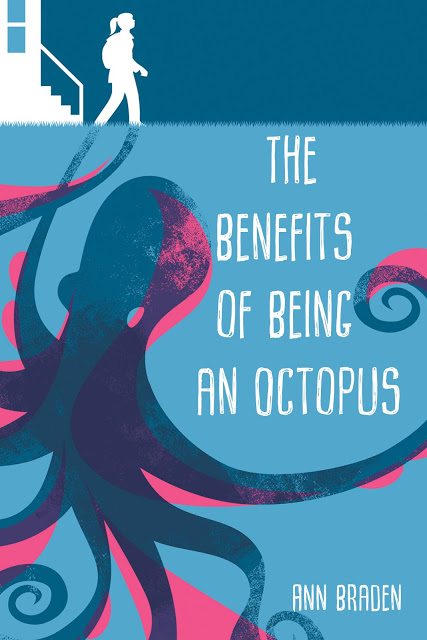

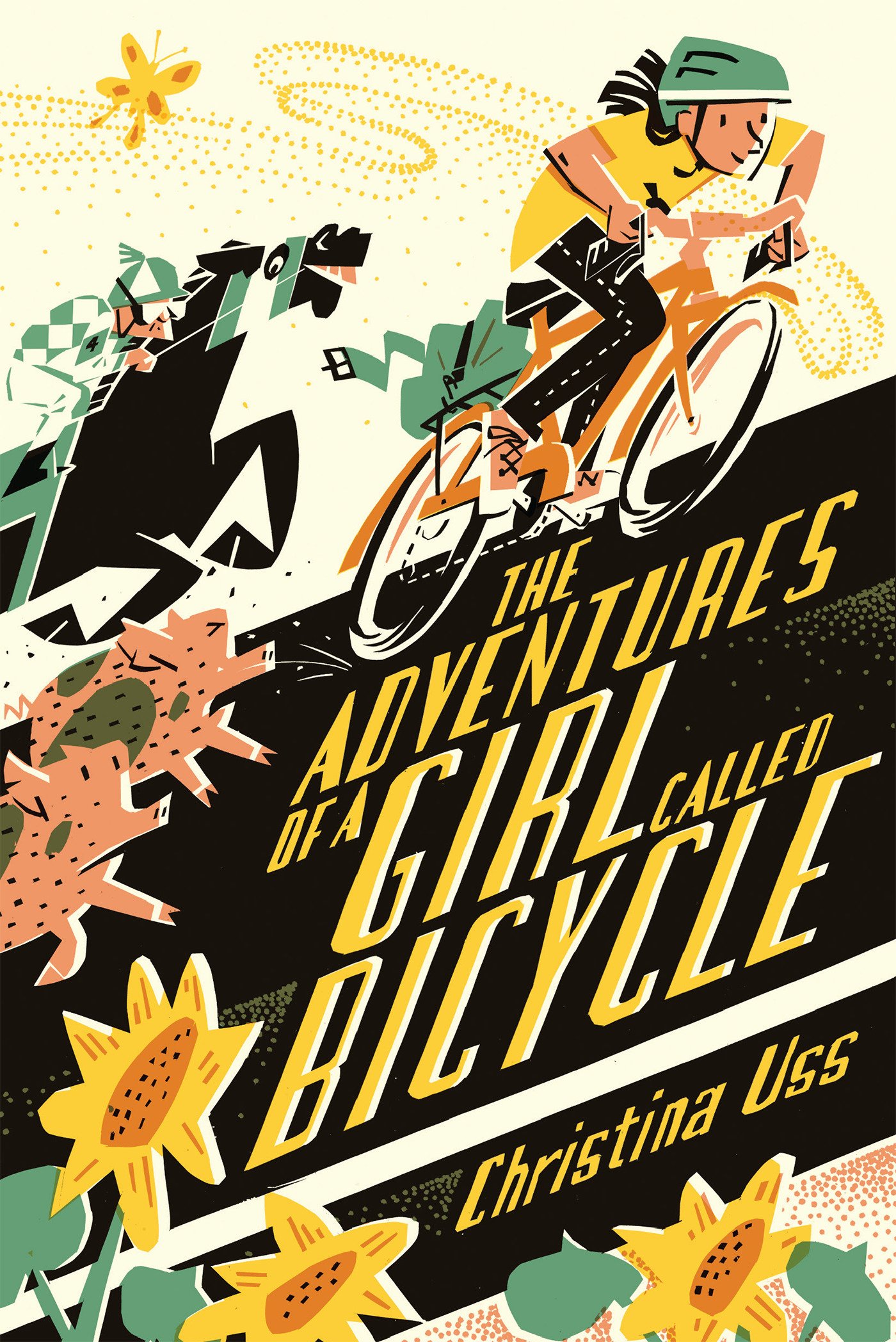






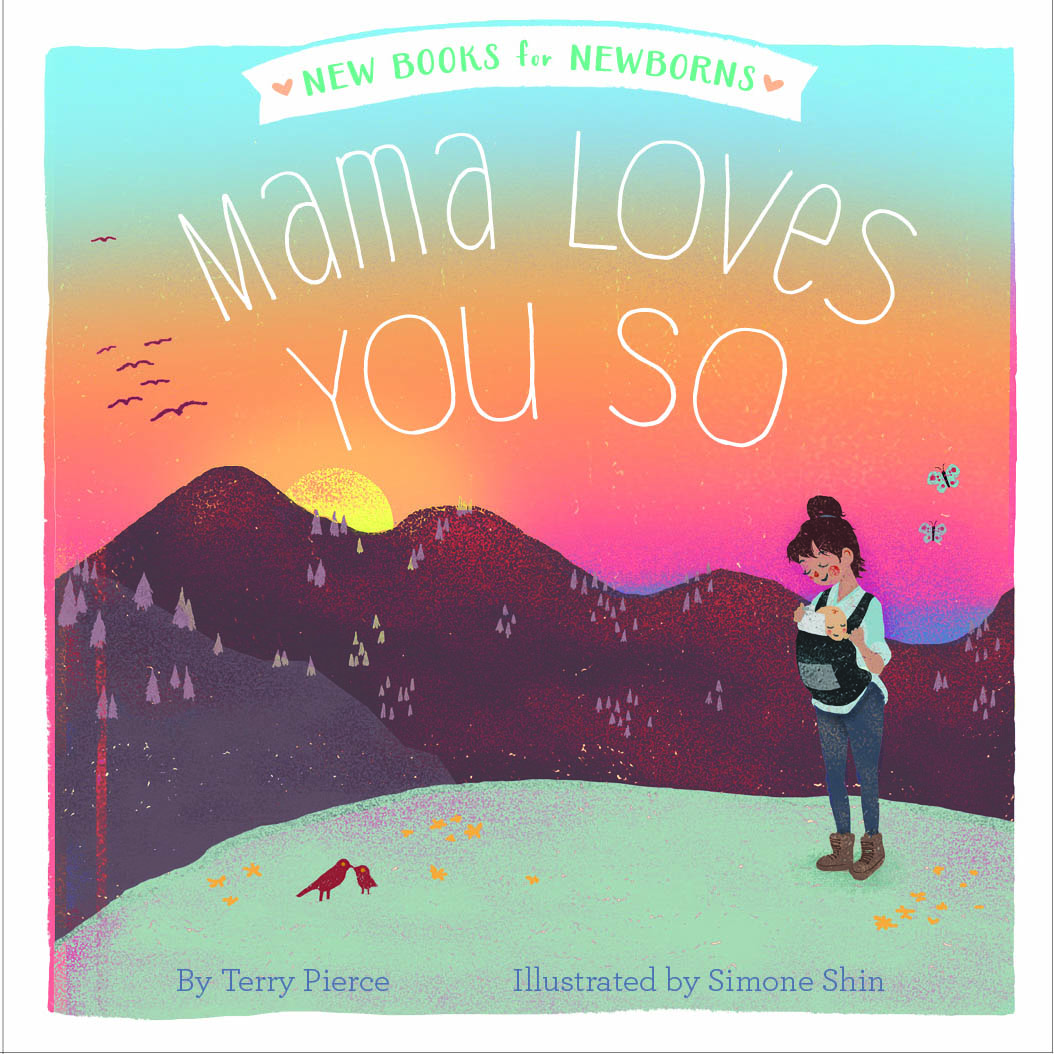
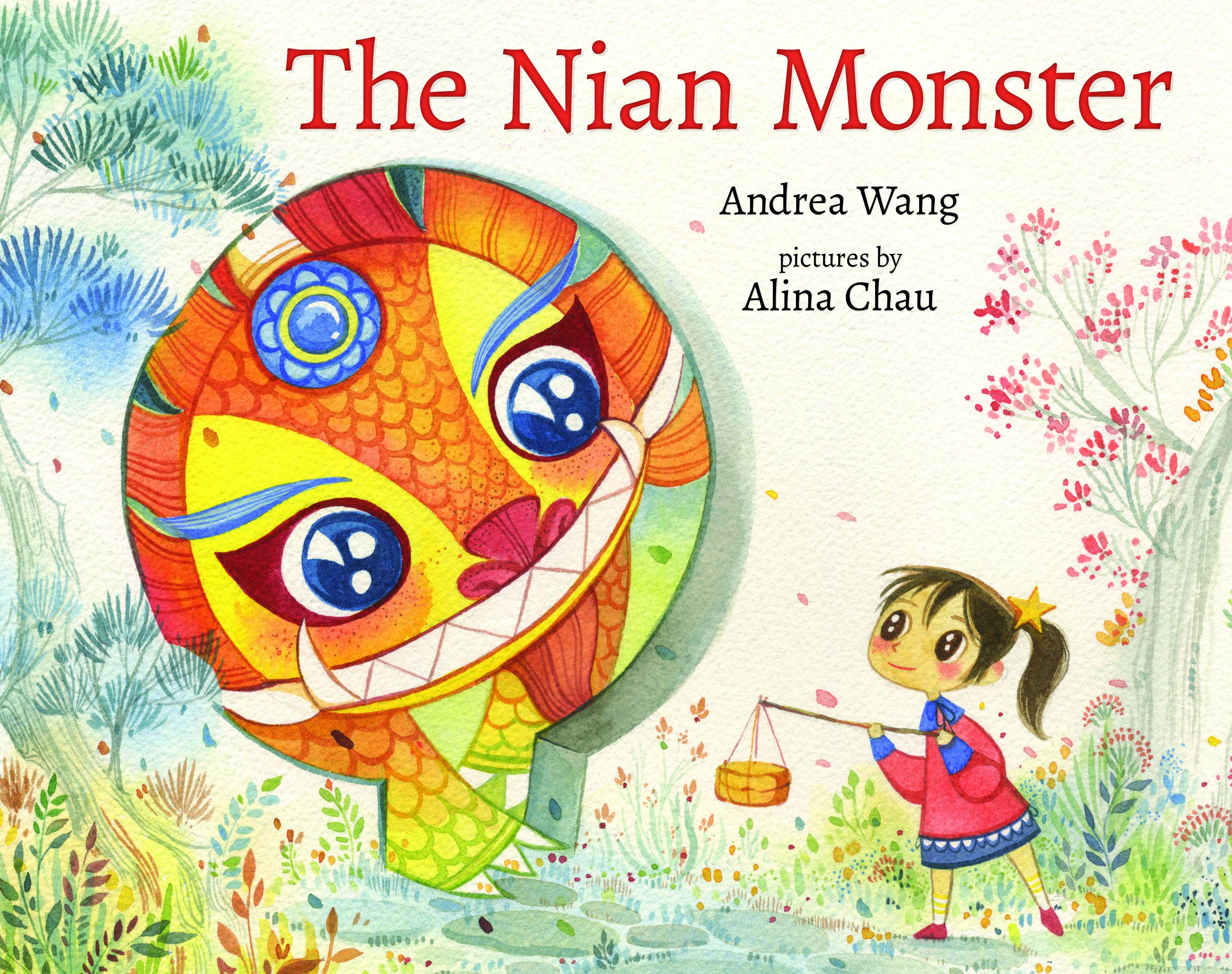
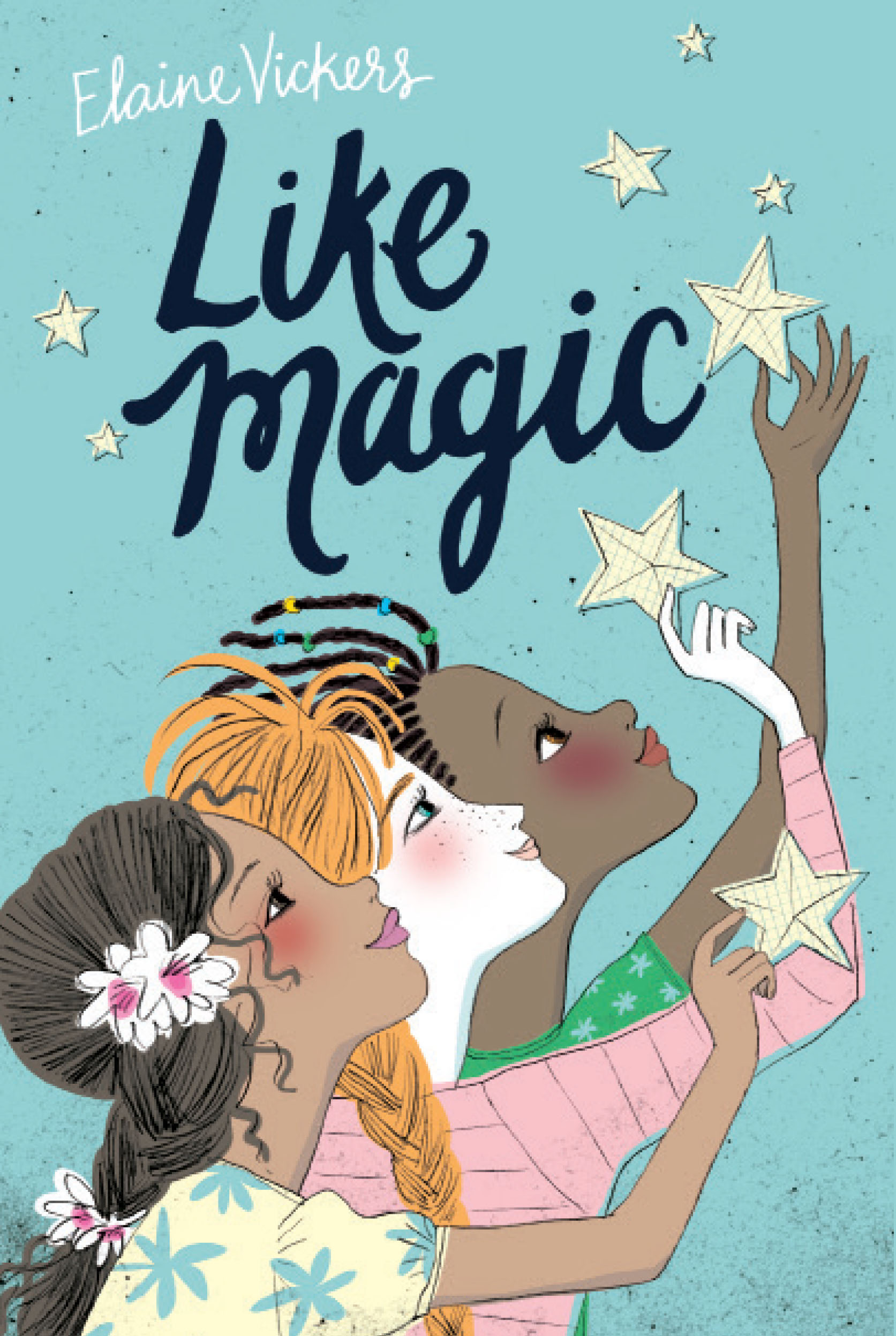
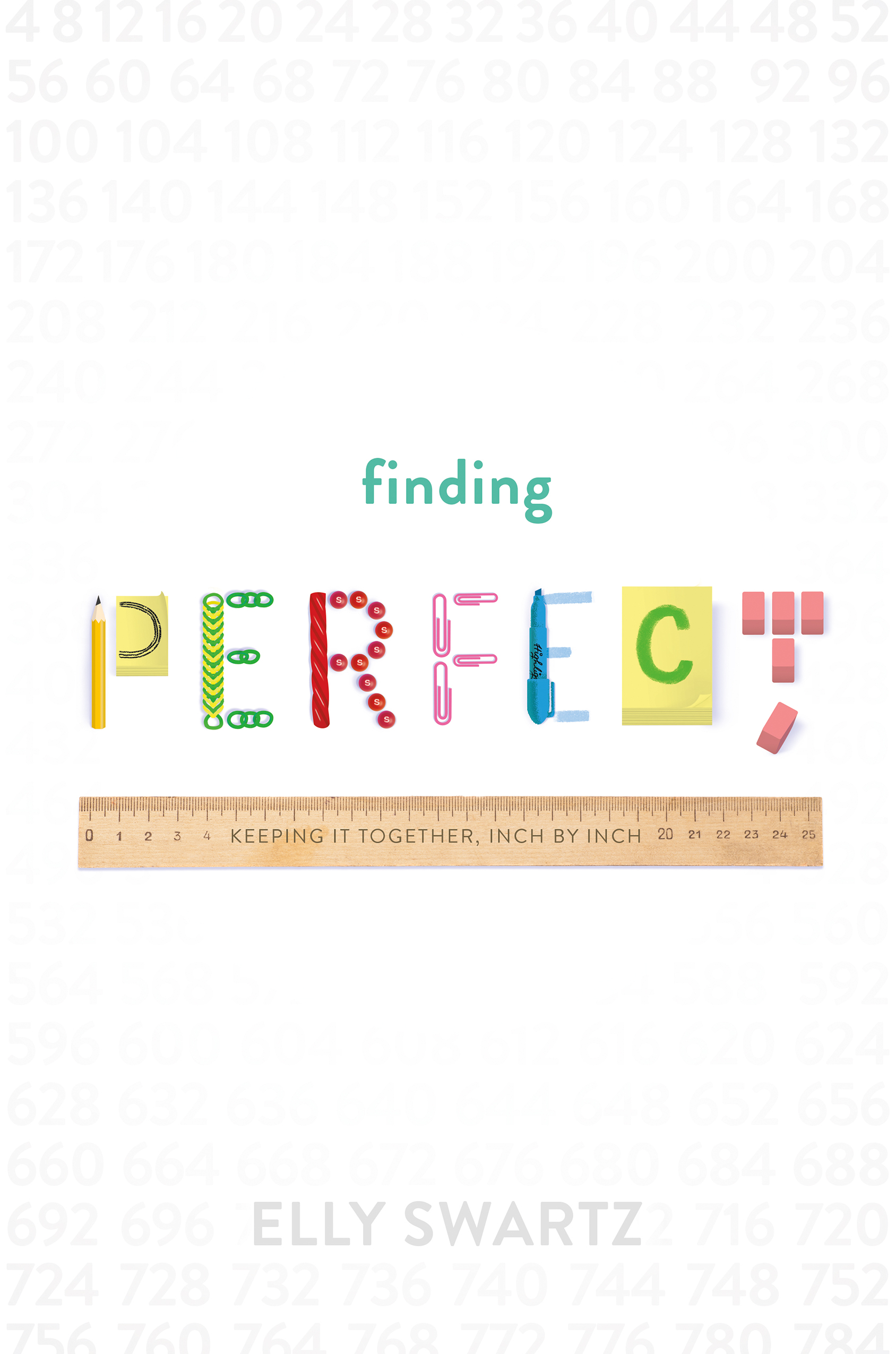
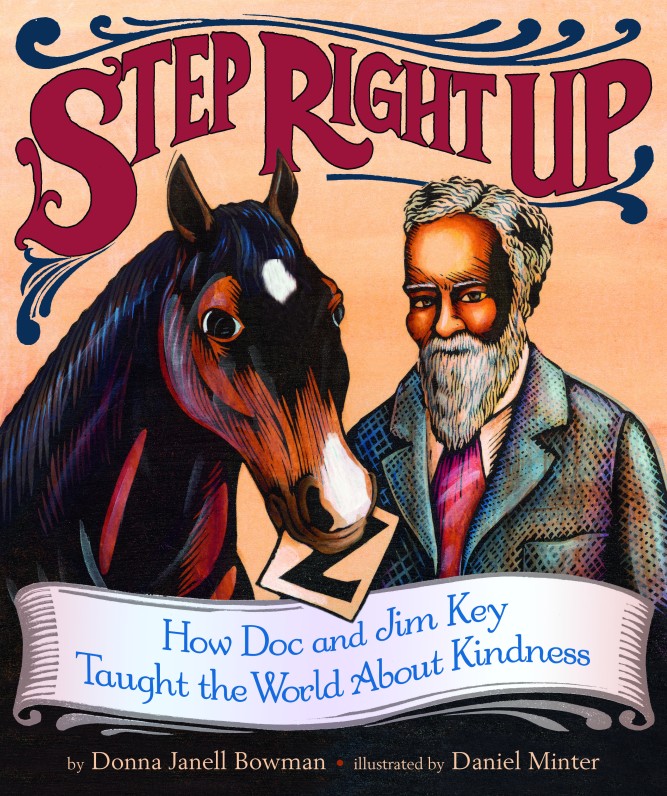
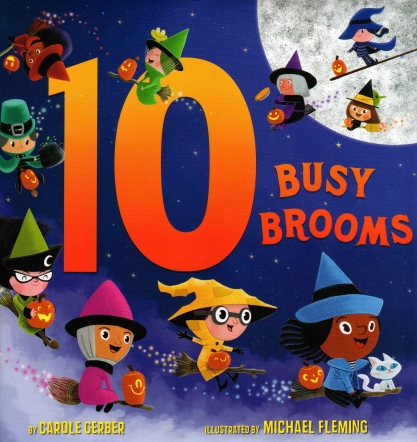
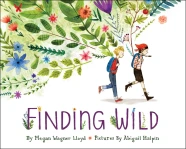
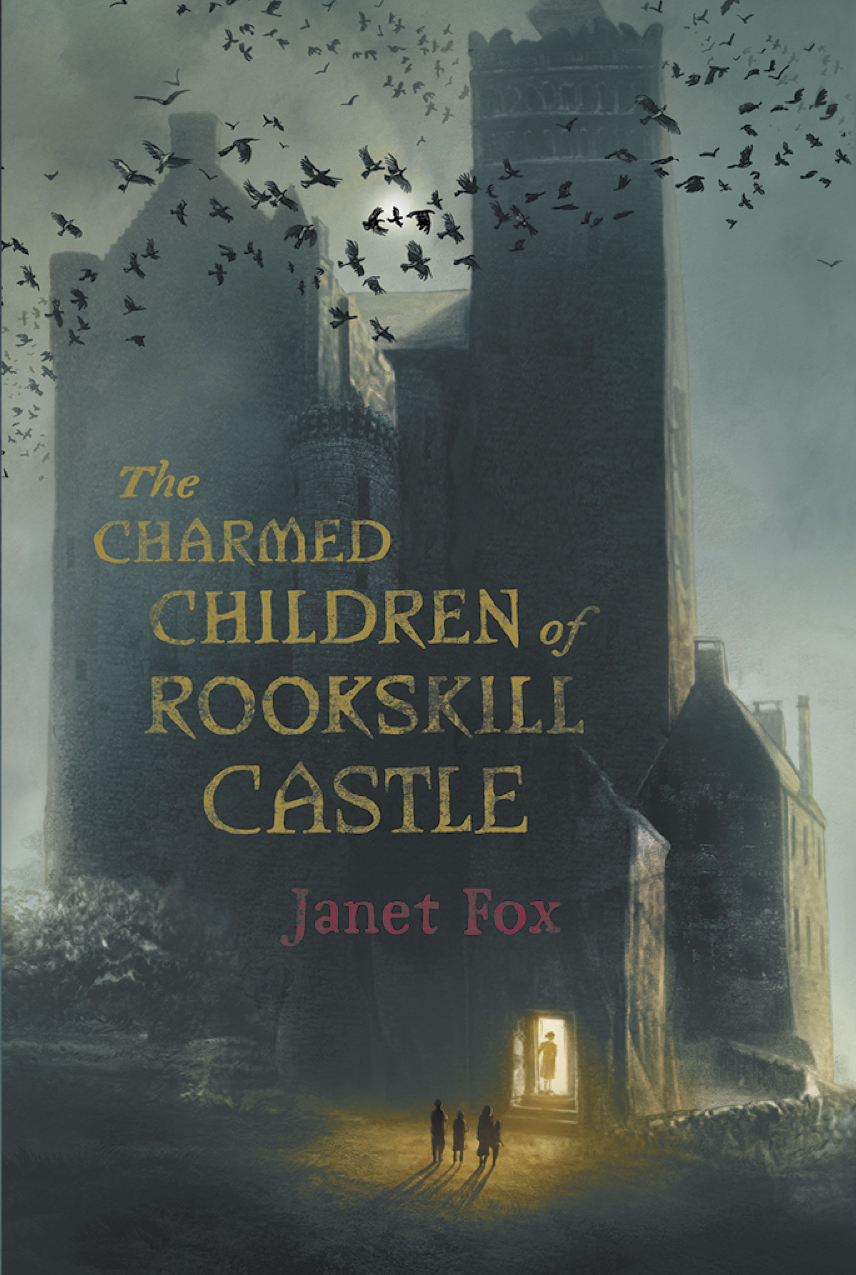
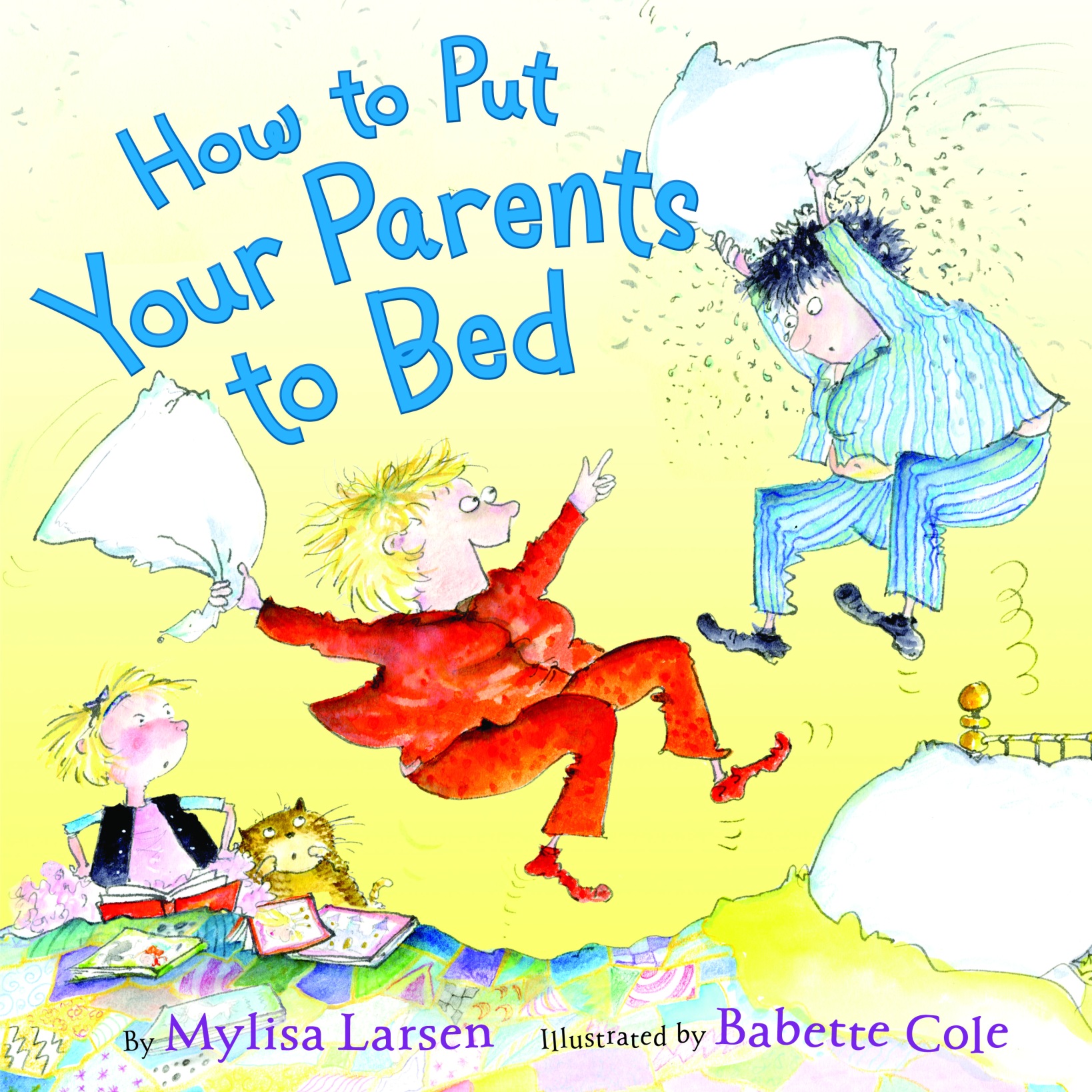



Wonderful lessons learned, Cynthia, and I believe you are going to have a very wonderful debut. And so much more socially important than those girls in their white dresses! And whatever else happens, I promise never, ever to throw up on your shoes!
Thanks for this post, it was a wonderful gift of the season!
LikeLike
Thanks, Jeannie. Having just emerged from the shuk in Jerusalem, I must say that debutantes feel far away–thank goodness! But, I’m definitely looking forward to returning to my book’s debut.
LikeLike
Great post, Cynthia! It’s so informative to hear your thoughts on this process. And I’m SURE this will not be your last production! 🙂
LikeLike
Thanks for the optimism, Laurie. Its reality remains to be seen.
LikeLike
You can never go wrong with more pictures!
LikeLike
That’s so true, J. In fact, it is so literally true that, after I left the Arab village where I interviewed several people the other day, I drove back and took 8 more photos–in the dark.
LikeLike
I loved your post, Cynthia! All great lessons–even for fiction writers. For me, lesson #3 seems to ring true. Fiction writing can be inefficient as well. Sometimes, I find myself doing research (or procrastinating–depends on how you frame it, I suppose) whether it be re: setting or subject.
My next MG book is set in the 1970’s, so I find myself looking back on and into childhood memories of Weebles, banana seat bikes, and of standing on my bed singing “Tie a Yellow Ribbon ‘Round the Old Oak Tree” into a brush. You…uh…probably don’t do this kind of research. But *who knows* what you’ll do for the circus book! 😉
And, BTW, I am very much looking forward to hearing of your contract on the next project! Absolutely sure it will come to pass!
LikeLike
My most recent research venture was to an Arab village in the western Galilee where I talked with great kids. And, I’m determined to learn to juggle.
As for that next post-debut contract, who knows?
LikeLike
Cynthia, your post was a good reminder of how much work went into your book. As one of the lucky few who has an ARC of WE HAVE A JOB, I must say that it is such a seamless, moving read that I forget how much work must have gone into each and every sentence. Brava!
Enjoy your time overseas, and we’ll look forward to celebrating your book’s release soon! 🙂
LikeLike
Thanks, Natalie. Maybe a book should be like any performance–done so well that it looks easy.
LikeLike
WHAT???!!!! Natalie’s seen an ARC? Why haven’t I seen an ARC??? Now I am seriously jealous, except that Natalie is so nice I can hardly begrudge her. Still. An ARC? What a lucky person Natalie is!
LikeLike
I know–I *am* squee-fully lucky! 🙂 I’m doing Cynthia’s curriculum guide, so Peachtree sent me an ARC. *rubs hands together in glee*
LikeLike
I’m confident that JOB will have siblings if you follow your passions.
LikeLike
That’s good advice, Kristin. Although even following our passions isn’t always enough to get us what we want, it HAS to be better to follow them than something random.
LikeLike
Pingback: Lessons Lived | EMU's Debuts